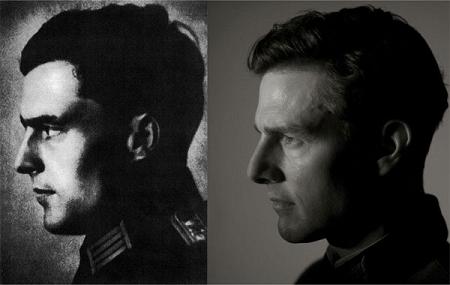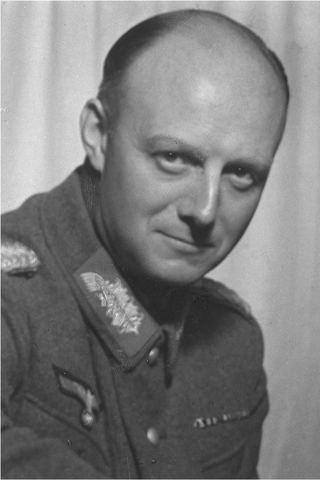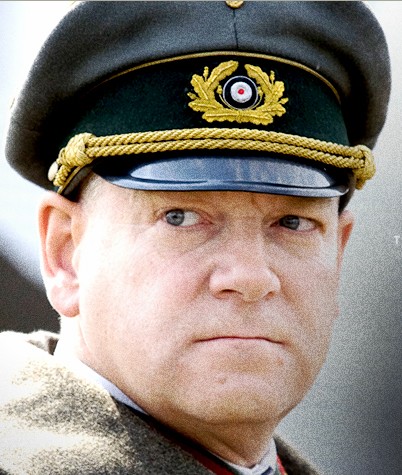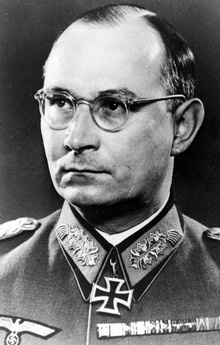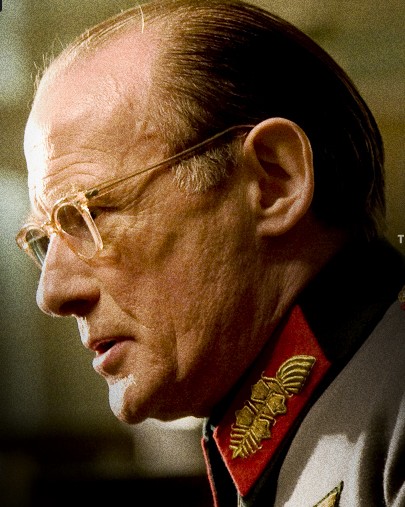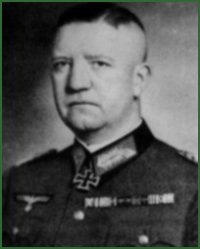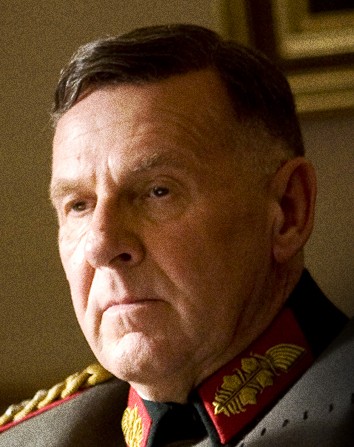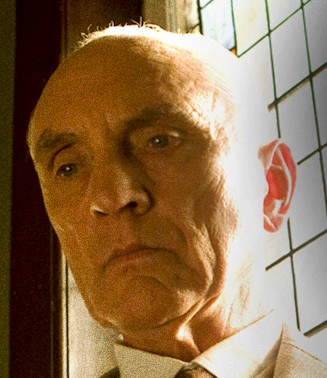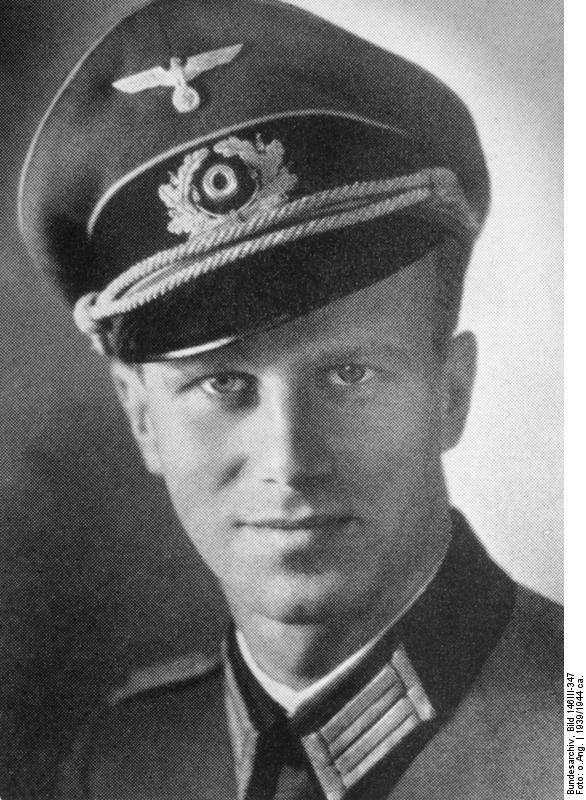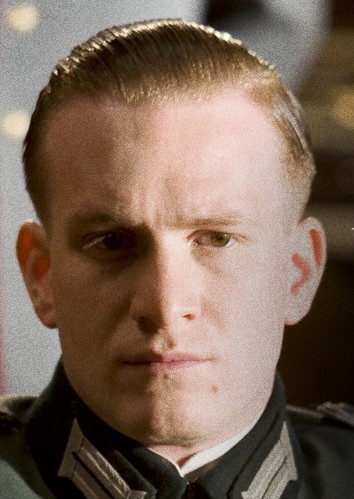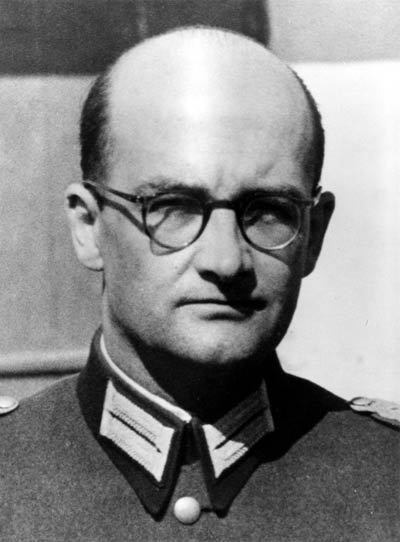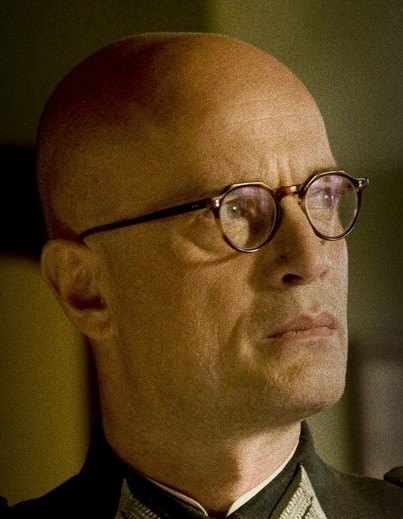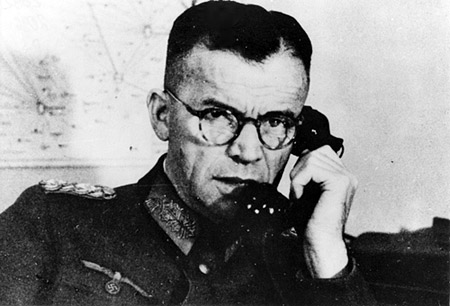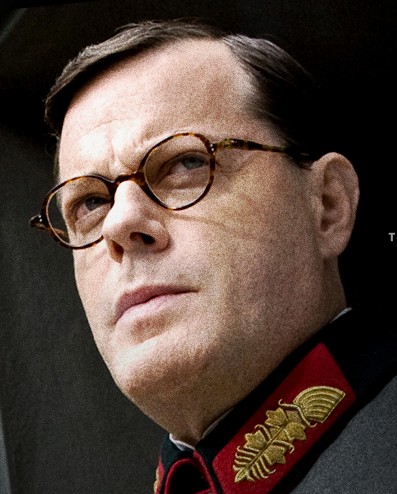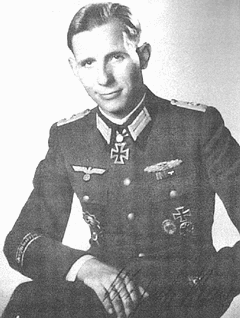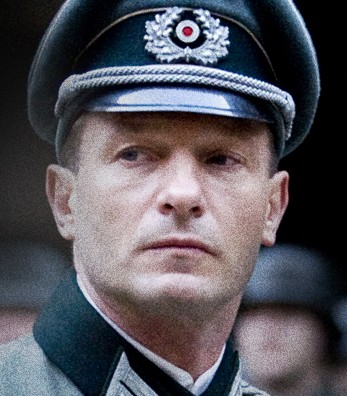The July 20, 1944 Plot to Kill Hitler
How accurate was Valkyrie, the 2008 movie?
By Stephen Sherman, Jan. 2009. Updated March 22, 2012.
On seeing the movie, Valkyrie, about the 20 July plot to kill Hitler, I was struck by the plotters' apparent failure to secure all communications. I wondered, "Isn't taking over the radio station and the main telephone switchboard one of the first things they do in a coup?" I also found the array of unfamiliar characters a bit overwhelming. I know my World War Two principals pretty well, but beyond Hitler, von Stauffenberg, Goering, Goebbels, Himmler, and other senior Germans, most of the key players in the movie were unfamiliar.
While the movie got high marks for accuracy, I wanted to understand some of the details better, especially the matter of the communications, and the plotters' steps to secure them. Peter Hoffman's 1970 book on the topic, The History of the German Resistance, 1933-1945, was very helpful. It is the most authoritative detailed work on the subject.
The first thing to realize is that the plot wholly depended on killing Hitler. If the bomb had killed Hitler, that would have made all the difference. But, as General Fromm pointed out in the movie, as long as Hitler was alive, not much could be done. Hitler's propaganda had made him a semi-mythic figure to the German people; it would not have been possible to expect very many Germans to defy orders from the Fuhrer.
The Valkyrie plotters had a good plan. Assassinate Hitler, blame it on the SS and other "fanatics," and then take over the army itself. Nazi Germany, like any society, even dictatorships, had many different organizations, power centers, and communications. The plotters proposed to take over the Army's system of internal communications, issue authoritative orders over it, emanating from the center of government in Berlins, and with the aid of their many confederates in the different districts, take over. In no way did their plan contemplate destroying or taking over all communications in Germany overnight.
Communications
Hoffman's book notes that there were four main methods of communication available to the German headquarters in 1944 (including Berlin and Hitler's field headquarters, the Wolf's Lair, Wolfschanze, in East Prussia): telephone, teleprinter, radio, and courier. The Army's routine, authoritative orders came via its own telephone and teleprinter network, as accurately depicted in the movie. The July 20 plotters focused on this network, to include isolating, as much as feasible, Wolfschanze, from this network during the critical hours. There certainly were other networks: Martin Bormann had his own secure telephone connection, Goering's Luftwaffe had its own communications, etc. In particular, the Wolf's Lair was equipped with radio equipment.
In the event of Hitler being killed, and, for example, Martin Bormann making a telephone call or Himmler making a radio broadcast, none of these communications would have interfered with the Wehrmacht chain of command and methods of issuing orders.
One shortcut that the movie takes is how it portrays Fellgiebel, the bespectacled general confronted by Stauffenberg in the men's room, who wants as little to do with the plot as possible, and (it seems) reluctantly agrees to pull a few switchboard lines at the critical moment. In fact Fellgiebel was deeply involved in the resistance, and had been since 1939, long before von Stauffenberg. Fellgiebel was an indispensible expert in the signals and communications aspect of the Wehrmacht, and despite his dangerously open disdain for Hitler, could not be done away with. In support of the plot, Fellgiebel planned to cut off the Wolf's Lair from the army network, by stopping outgoing messages at two nearby 'repeater stations,' Rastenburg and Angerburg, through which all Wolf's Lair army telecommunications passed.
Hoffman's book also makes clear that "blowing stuff up" was not feasible either. Quite the opposite, the plotters needed to have the communications in place, both to effect the coup, and prepare for orderly withdrawal (or other moves by German forces) after its success. As far as Wolf's Lair is concerned, as Hitler's forward military HQ, its various communications were bot only well-protected and difficult to "jsut blow up," but contingency plans to re-establish them if bombed were in place. Again, it bears repeating that if Hitler had been killed, and the plotters had secured the army, then whatever Himmler, or Goering, or whomever, had communicated from Wolf's Lair would have been largely irrelevant.
von Stauffenberg
Stauffenberg very much was the key man in the conspiracy. Prior to his involvement, there had been a lot of talk and dithering, but he really did bring it to a focus. That is to say, the assassination of Hitler. The whole aspect of the delayed fuse and Stauffenberg's subsequent escape by car and airplane to Berlin was portrayed accurately in the movie, and is a telling detail. Why would Stauffenberg have to be both the assassin and the key operator in Berlin? Stauffenberg was a brave and committed man, as were all the plotters. If he were merely one of the group, the one who happened to have personal access to Hitler, then it would have been a far simpler, and surer, matter to arrange a suicide bombing, and dispense with imperfect timing mechanisms triggered by crushing metals tubes, so acid could eat away a wire, etc.
Why not simply have Stauffenberg get near Hitler, and set off a bomb on the spot? Because, Stauffenberg was needed in Berlin to run everything. He really was the one plotter who was committed to decisive action.
The physical resemblance of von Stauffenberg to Tom Cruise is uncanny, as the comparison photo makes clear. His widow and children were captured by the Nazis, but were not executed; they survived the war, and Nina died in 2006. His full name was Claus Philipp Maris Schenk Graf von Stauffenberg. After 1918, when the constitution of the Weimar Republic abolished all noble titles in Germany, his branch of the family adopted the surname Schenk Graf von Stauffenberg to preserve the former titles of Schenk Graf (Count) as part of their last name.
Key Players
Major-General Henning von Tresckow (Kenneth Branagh) was in Army Group Center, on the Russian front. He had been active in the resistance since early in the war, and had turned Army Group Center into a hotbed of resistance. Until Stauffenberg joined in the summer of 1943, Tresckow had been the most active leader. In March 1943, after the bomb planted on Hitler's plane failed to go off, the Group's Intelligence Officer, Lt. Col. Frieherr von Gersdorff personally carried a another bomb to detonate in Hitler's presence at Heroes Memorial Day a week later. Hitler's rapid and unpredictable movements gave him no opportunity.
General Friedrich Olbricht (Bill Nighy), along with Tresckow and Stauffenberg, one of the main movers of the plot.
Colonel-General Friedrich Fromm (Tom Wilkinson), the head of the Reserve Army (and Stauffenberg's immediate superior), was presented quite accurately in the movie. He really was involved; he knew what was going on, but throughout tried to look out for his own skin. An understandable, if less than noble, perspective. Almost certainly, his summary execution of Stauffenberg and Olbricht that very night was intended to prevent them from telling the Gestapo of his knowledge. Unfortunately for him, his role became known, and he was executed by the Nazis in early 1945.
Colonel-General Luwig Beck (Terence Stamp) had been Chief of Staff of the Wehrmacht in the mid-Thirties. He had opposed Hitler's rash, aggressive moves, and had retired in protest. He was so highly respected that Hitler had persuaded him to keep quiet about the reason for his resignation.
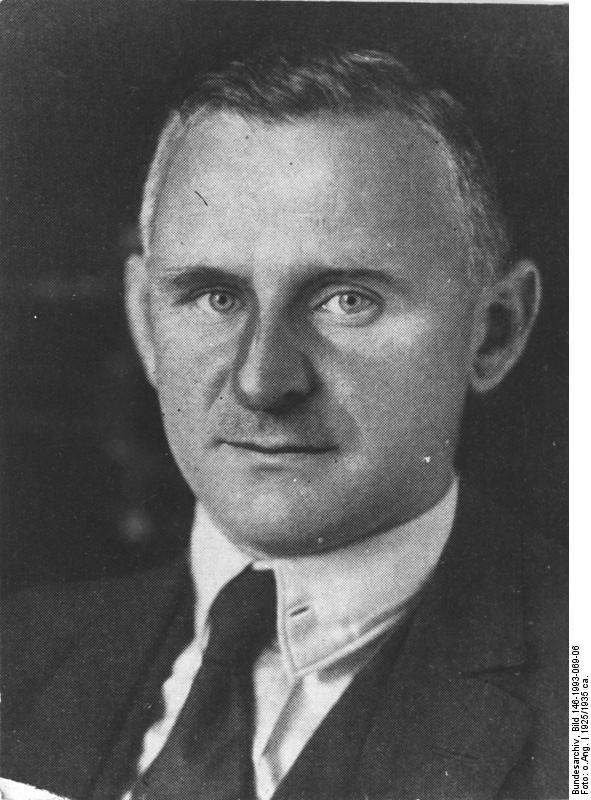
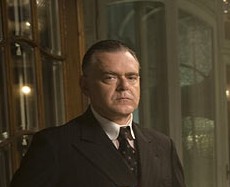
Dr. Carl Goerdeler (Kevin McNally) was a former mayor of Leipzig, who once, before the Nazis had assumed total power, had torn down a swastika from the city hall. But he was not entirely realistic, as late as 1943, he proposed that he could sit down with Hitler and compel him to resign for the good of the German people!
It should not be too surprising that men like Beck and Goerdeler were still around in 1944. While Hitler made regrettably good progress on his goal to kill all the Jews in Europe, along with anyone who actively opposed him, "good, Aryan-stock Germans" who more-or-less went along with the regime were just not systematically targeted.
Lt. Werner von Haeften (Jamie Parker), Stauffenberg's aide, was deeply committed to the coup; he threw himself in front of Stauffenberg at the firing squad, as depicted.
General Erich Fellgiebel (Eddie Izzard) was a key player in the plot. On site at Wolfschanze, he informed the plotters in Berlin that Hitler had survived, but nonetheless took steps to activate the coup.
Major Otto Remer (Thomas Kretschmann) really did take that critical phone call from Hitler. After the war, he espoused Holocaust denial.
Summary
The movie was as accurate as possible, true to the outlines of the events, if necessarily compromising on a few details to fit the story into two and a half hours. While the communications issue and Fellgiebel's role were especially truncated, on reading Hoffman's book, I can see no better way to present those topics in a movie.
For the real aviation nit-pickers, I could not help but notice that, in the movie Stauffenberg flew back from Wolfschanze in a Ju-52 transport aircraft. In reality he used an He-111 bomber. There are many Ju-52's still flying, used in airshows, movies, etc. But there are no flyable He-111s.
At this writing, June, 2011, the 2008 Tom Cruise movie, "Valkyrie," is available on Blu-Ray.
Valkyrie [Blu-ray]

